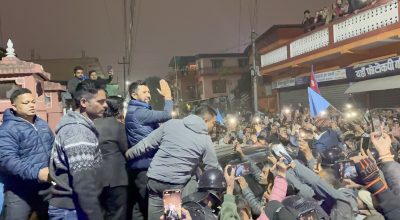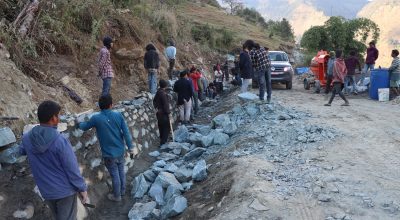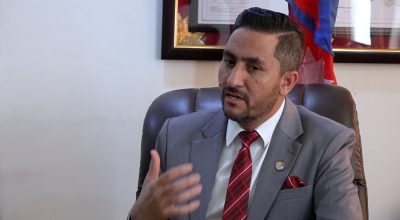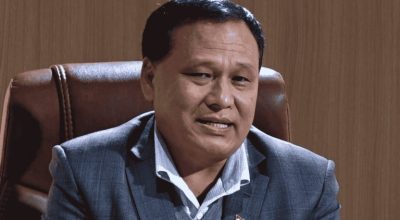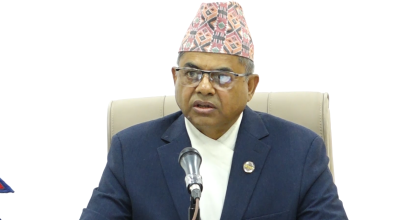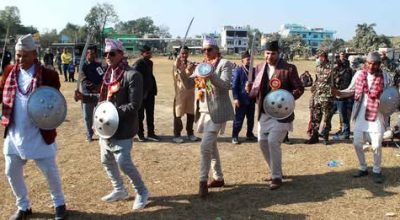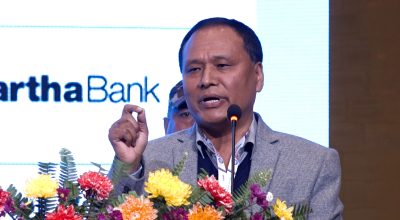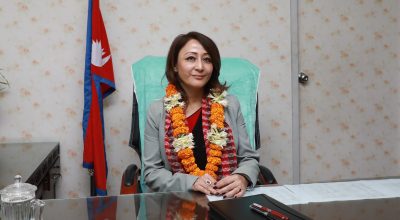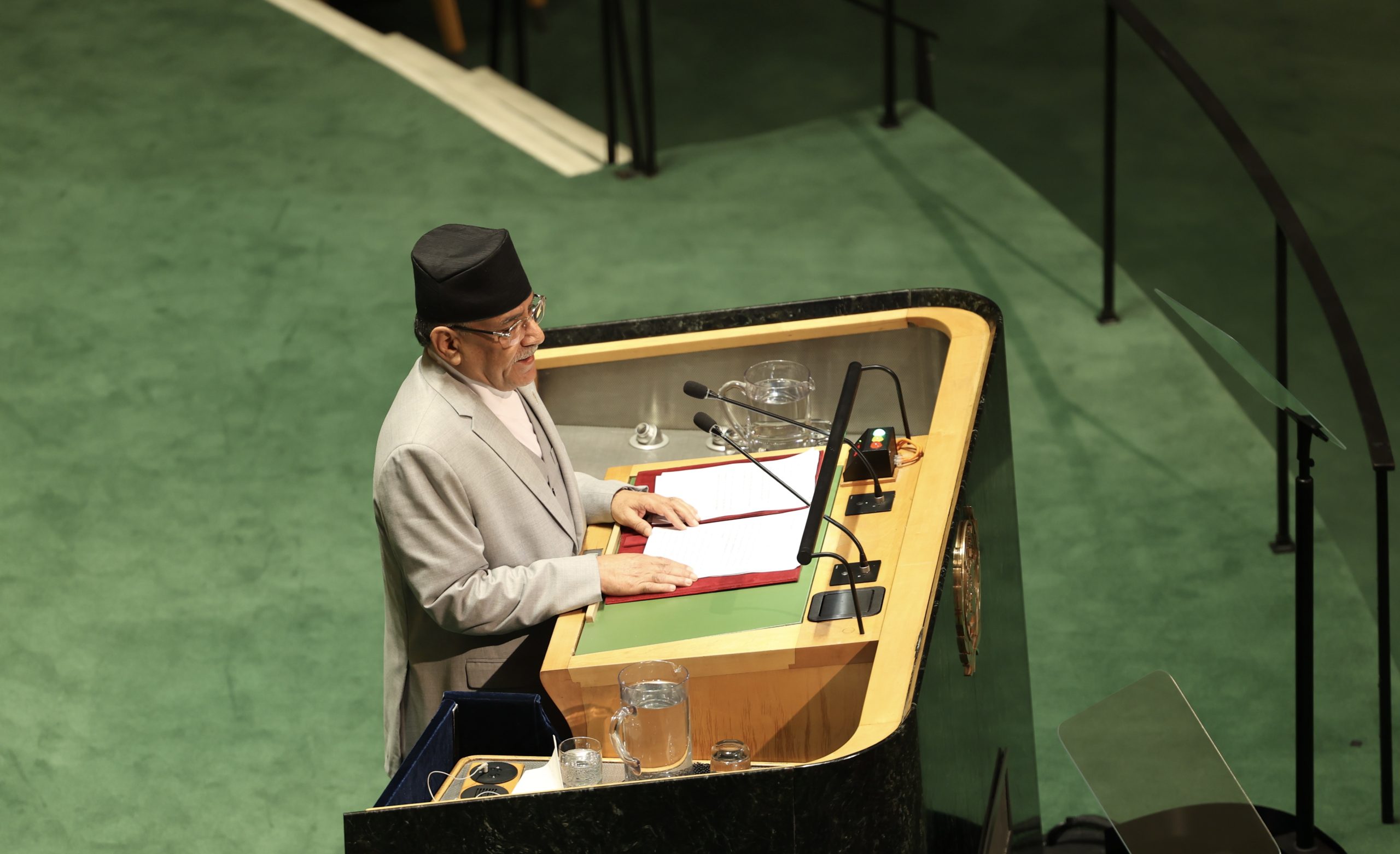
New York, Sept 22: Prime Minister Pushpa Kamal Dahal ‘Prachanda’ has said that maintenance of the world peace and security — the foremost goal of the UN Charter — have come under serious strain due to the resurgence of geopolitical competition, power polarization and economic nationalism.
“Spending on arms is on the rise, but resources for the realization of the 2030 Agenda have become scarce. We must correct this course and focus on our common goals of peace, prosperity, and progress,” the PM said.
In his address to the General Debate of the 78th Session of the United Nations General Assembly (UNGA), PM Prachanda said it is time to build trust, promote partnership and collaboration, and work in solidarity when the world is facing the challenges of unprecedented scale and nature.
The PM was of the view that there could be no better time to deliberate on the theme ‘Rebuilding Trust and Reigniting Global Solidarity’, particularly when trust and cooperation are in short supply and crisis of confidence reign the world. In his speech, the PM said that Nepal’s focus is now on the agenda of economic transformation as Nepal’s political course has taken a stable shape.
We are aware that political achievements can only be sustained by socio-economic growth and development, he viewed.
He also shared that Nepal is graduating from the LDC status by 2026; and was committed to making the graduation smooth, sustainable, and irreversible.
“We have put the SDGs at the center of our development vision and priorities. However, crises such as COVID-19 pandemic, climate change, and heightened geo-political competition have threatened our hard-earned progress in SDGs.”
Against this backdrop, PM Dahal called for an enhanced level of international support in the form of development assistance, foreign direct investment, export promotion, SDR allocation, technology transfer and technical assistance.
The Prime Minister also raised the issues of climate with priority saying climate change has assumed a crisis proportion and the clock is ticking. He said our inaction or little action will surely invite disastrous consequences for humanity.
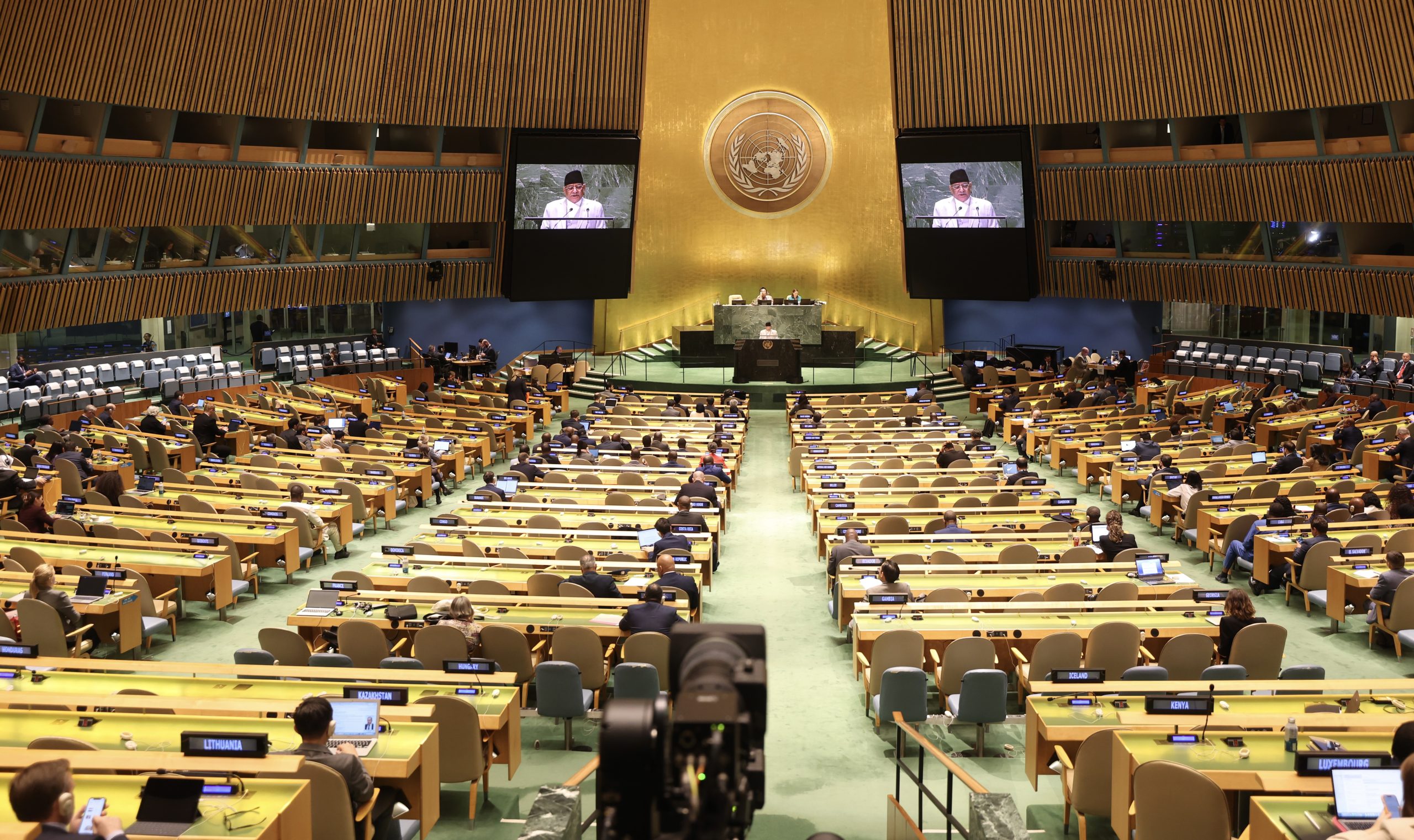
“Climate vulnerable mountainous countries like Nepal have been bearing the severe brunt of climate change. The Himalayas are the source of fresh water for over two billion peoples. Global warming has induced rapid receding of ice in our Himalayas. It has not only eroded the health of our mountains but also endangered the lives and livelihoods of millions of people living downstream,” the PM stated.
Likewise, the PM said that Nepal opposes any use or threat of use of force against the territorial integrity, political independence, and sovereignty of any country adding that conflicts within and between countries are on the rise. ‘We continue to support nationally owned, peaceful, just, and lasting solutions to conflicts around the world. Peace founded on inclusion, empowerment, economic prosperity, and justice stands a better chance to last longer,” according to PM Dahal.
Saying that Nepal condemns terrorism in all its forms and manifestations, the PM called for an early conclusion of a comprehensive global treaty against terrorism. “Proliferation of weapons of mass destruction continues to threaten peace and security in the world. Constant stockpiling of nuclear arsenals, growing arms race and ever-increasing military expenditure are worrisome,” PM Dahal viewed.
On the occasion, the PM said that Nepal’s commitment to the protection and promotion of human rights was total and unflinching and believes in an integrated approach to democracy, development, and human rights. “Nepal attaches great importance to the safety, security, dignity, and wellbeing of migrant workers. We call for effective implementation of the Global Compact for Safe, Orderly and Regular Migration to ensure that migration works for all.”
Similarly, PM Prachanda shared his remarks on Nepal’s guides to foreign policy stating that the principles of Panchasheel, non-alignment, the UN Charter, international law, and norms of world peace guide our foreign policy.
The PM said Nepal wants to promote relations with its neighbours and all other friendly countries on the basis of sovereign equality, non-interference, and mutual respect. “We remain steadfast in our commitment to multilateralism, with the United Nations at its centre,” the PM said.
Likewise, he said that Nepal continues to contribute to the maintenance of international peace and security through its consistent participation to the UN mandated peacekeeping operations.
Saying that currently Nepal is the second-largest troops and police contributing country, the PM mentioned that Nepal has always deployed its peacekeepers at every call and without any caveat, even in the most challenging situations. “Our peacekeepers have earned distinct repute of dedication, professionalism and competence which has been widely acknowledge by the United Nations, the host governments, and societies alike.”
Likewise, the PM reiterated Nepal’s call for fair share of leadership positions at the headquarters and in the field to the troops and police contributing countries.
“Timely reform is essential for the multilateral institutions to remain relevant and to reflect today’s realities. Nepal supports the reform of the UN Security Council to make it broadly representative, democratic, transparent, and accountable. We call for the revitalization of the General Assembly and the Economic and Social Council with greater role to these vital organs,” he remarked.
“As the Prime Minister and a co-signatory of the Comprehensive Peace Accord, I have been making serious efforts to bridge the gaps and build consensus among the key stakeholders,” the PM said in his address under the theme “Rebuilding Trust and Reigniting Global Solidarity: Accelerating Action on the 2030 Agenda and its Sustainable Development Goals towards Peace, Prosperity, Progress, and Sustainability for All”.
He added that an Amendment Bill related to the transitional justice has been tabled at the Federal Parliament to address the concerns of the victims, strike a right balance between peace, justice and reparation, and to make the transitional justice process broadly owned by our society. “The proposed Bill, evolved through a wider consultative process, takes a victim-centric approach and recognizes reparation as victim’s right,” according to the PM.
PM Prachanda also stated that there will be no blanket amnesty for the serious violation of human rights adding that the ultimate objective is to establish an enduring peace in the country and foster harmony in society through peace, justice, and reconciliation.
The PM also appeal the international community for their goodwill and support to the conclusion of the final leg of Nepal’s peace process and to duly recognize this rare example of successful conflict transformation.
PM Prachanda also shared Nepal’s political journey of the past fifteen years saying “we have come a long way. We successfully transitioned through a nationally led peace process. We promulgated a democratic Constitution in 2015 by an elected constituent assembly, which has consolidated the universally recognized values of human rights, participatory democracy, periodic elections, inclusive proportional representation, full press freedom, independent judiciary, and the rule of law”.
Likewise, the PM said that the successive two cycles of federal, provincial, and local elections have resulted in increased participation of women, dalits, youths and under-represented communities at all levels of governance in Nepal. “We have been able to ensure 41 per cent representation of women in local assemblies. A minimum of 33 per cent representation of women is constitutionally guaranteed in the provincial assemblies and federal parliament. We have firmly established that the sovereignty lies in Nepali people, and they are the real source of state power.”





